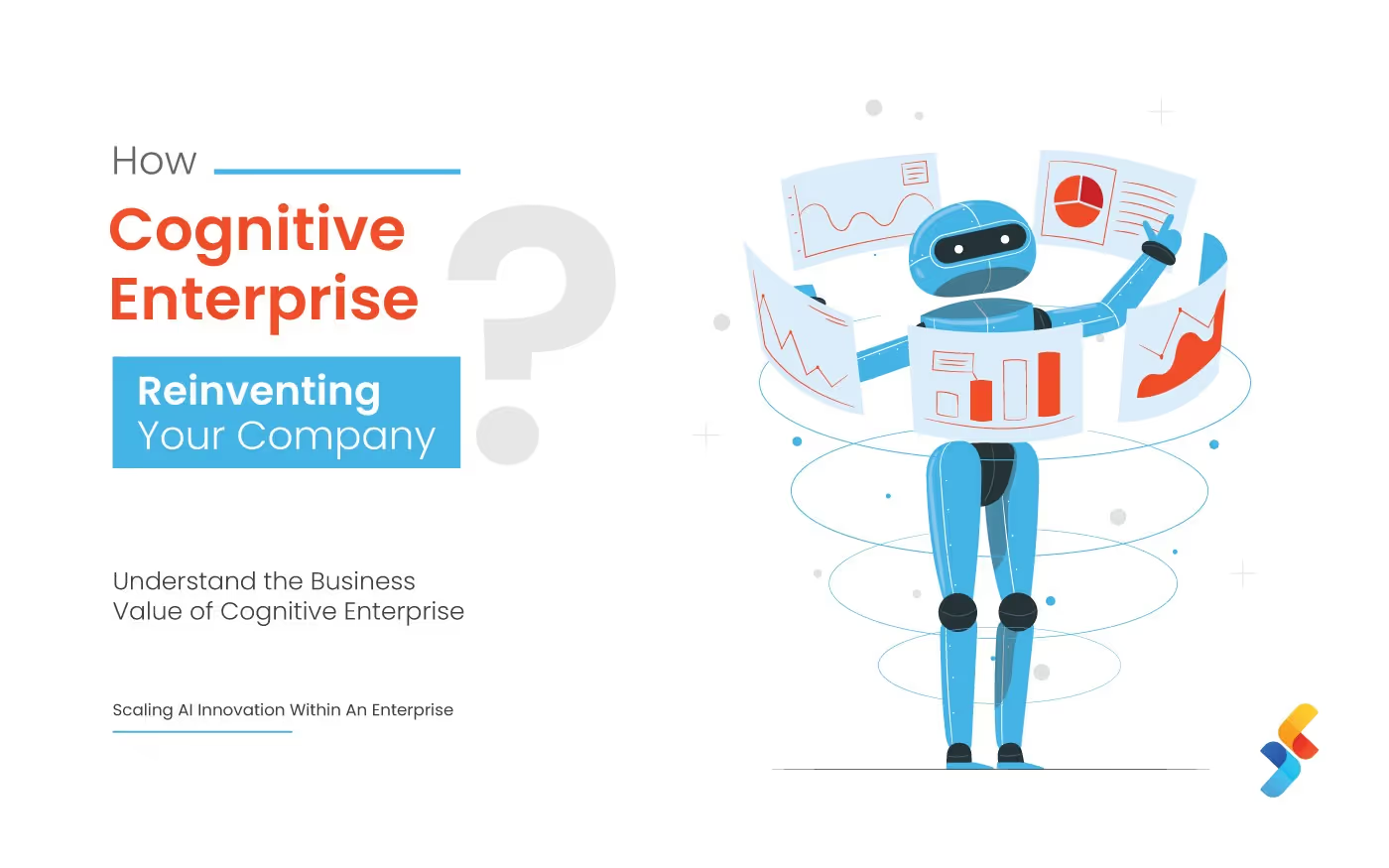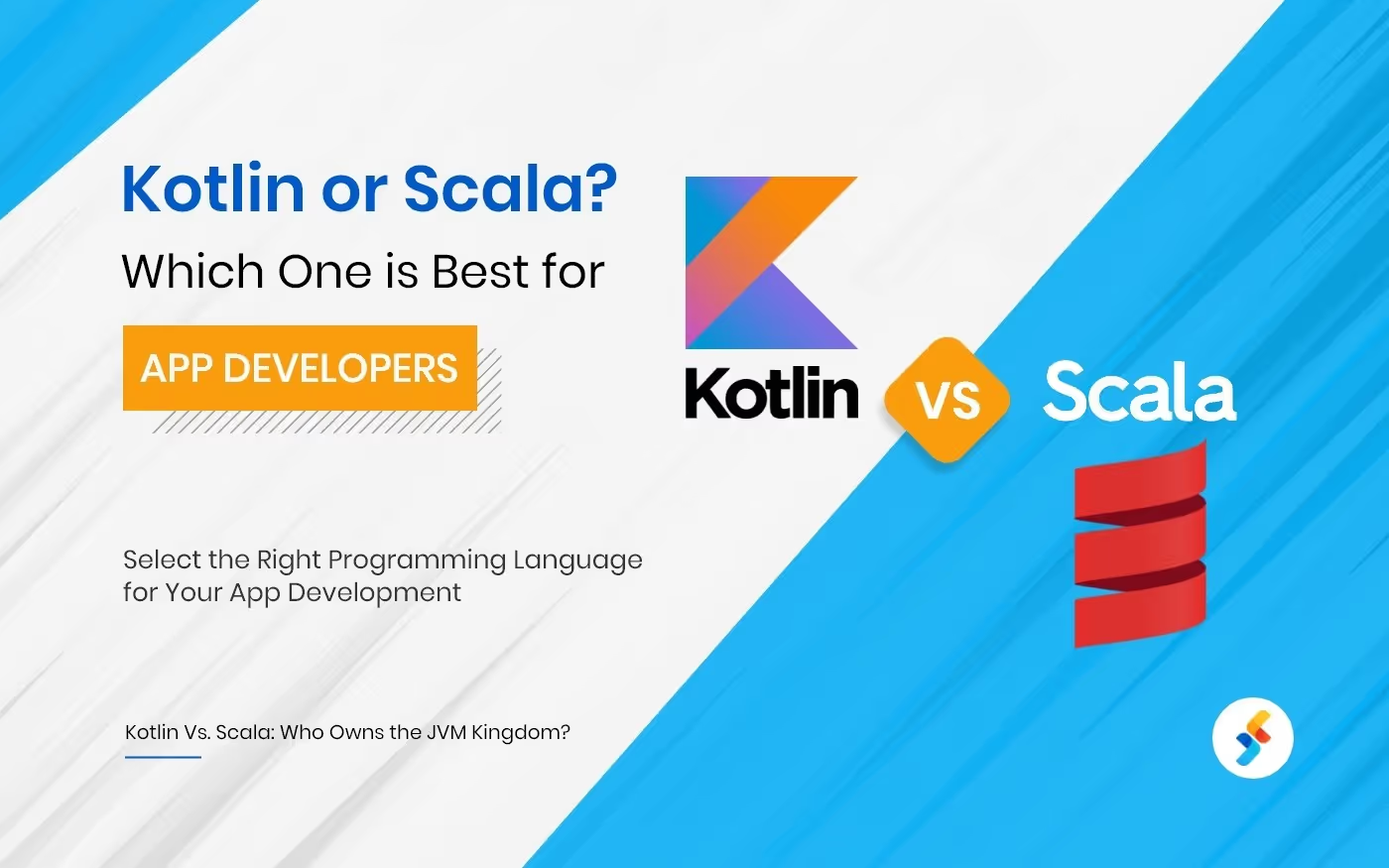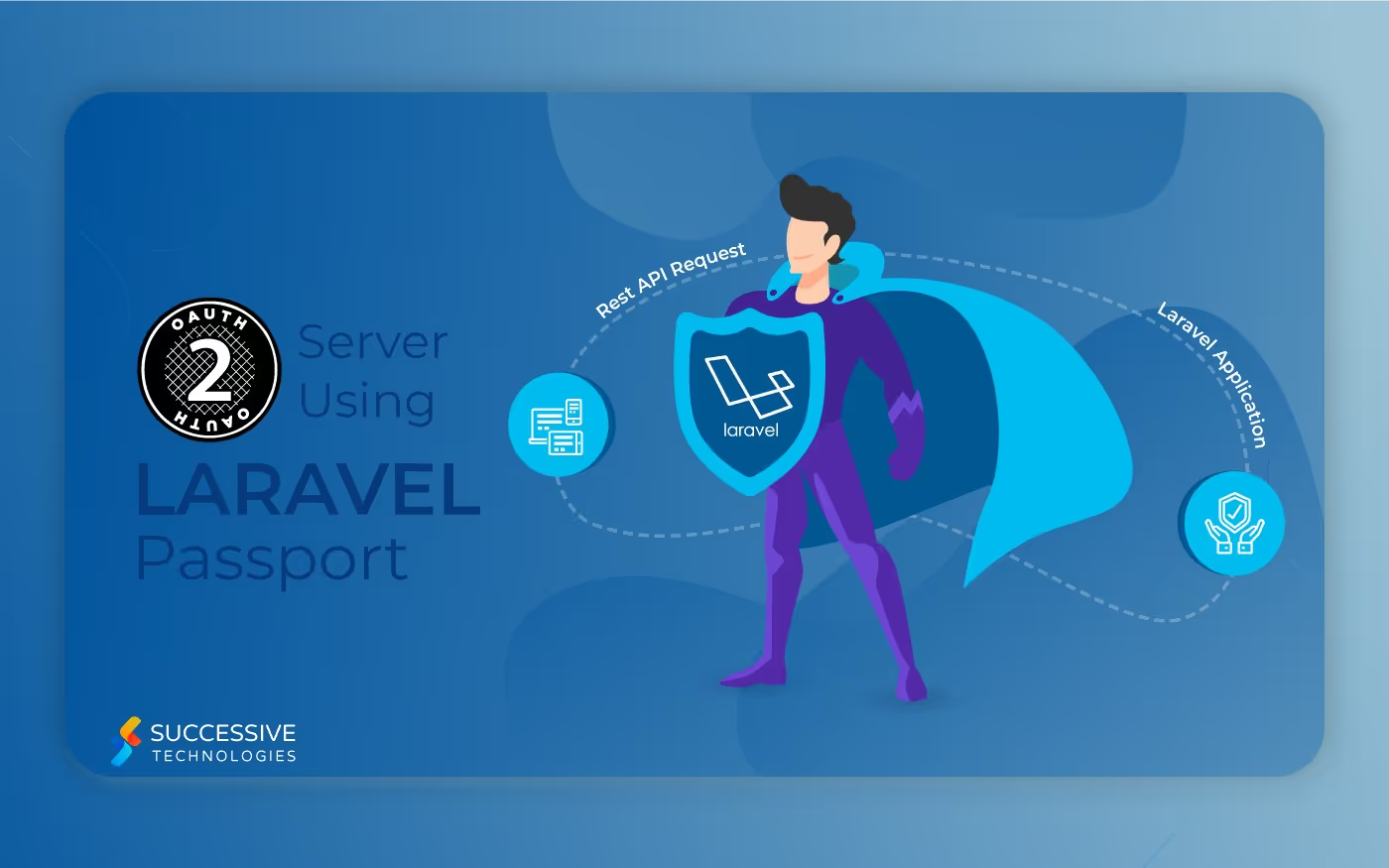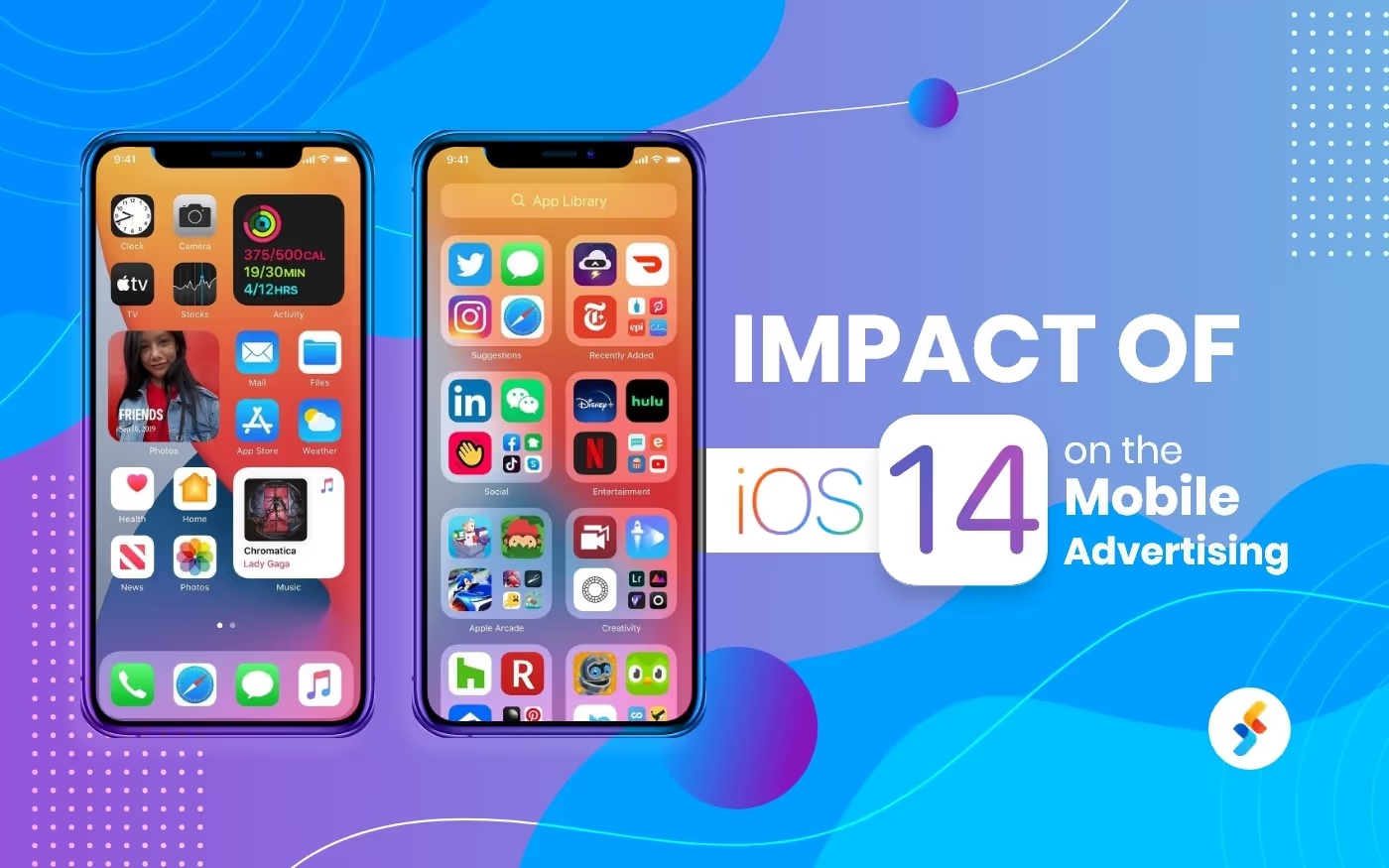Without any doubt, advances in technology such as artificial intelligence (AI), blockchain, IoT, and robotic process automation (RPA) are now having a powerful impact on the structure of the business and change the way we work as a whole. But, this is not the end. We are entering a new era of enterprise evolution. Continuing to this, The cognitive enterprise landscape is starting to taking shape. Even though the concept of the cognitive enterprise is not new, it is quickly becoming a reality. Cognitive technologies are already automating marketing, service, and other business processes rapidly.
To get a crystal clear overview of Cognitive enterprise, in this blog you will understand why the architecture of the cognitive enterprise is evolving and how it is beneficial for businesses. First, we’ll dive into what is a cognitive enterprise?
About Cognitive Enterprise
The next digitization movement is the beginning of a “cognitive enterprise”. Cognitive enterprise leverage Cognitive computing, which is an epitome shift from traditional people-centric enterprises. Cognitive enterprises leverage wonderful technologies such as natural language processing, machine learning algorithms, augmented intelligence, and real-time computing to give rise to the human brain like abilities such as sensory, processing, and quality in machines.
A cognitive enterprise is one that invests in data and technologies and allows all workers, particularly knowledge workers, to perform at higher, more efficient, and more productive levels. In simple words, cognitive systems can help us solve problems quickly and with higher efficiency than a human mind. Some of the major examples where a cognitive enterprise has emerged. For example- IBM has long championed the cognitive enterprise as a new era of business reinvention. Recently, Salesforce announced Einstein Voice, an AI-powered back-end to its robust CRM system with a voice command UI, a la Alexa, on the front end. While digital transformation continues to renew legacy systems and operations, the cognitive enterprise represents the next phase of enterprise evolution.
Benefits of Cognitive Computing for Organizations
1. Higher quality data analysis
It has been identified that Cognitive systems are highly-efficient in collecting and cross-referencing information to analyze a situation effectively. For instance- in the healthcare industry, cognitive systems such as IBM Watson help physicians to collect and analyze data from various sources such as previous medical reports, medical journals, diagnostic tools, and past data from the medical fraternity. Moreover, Instead of replacing doctors, cognitive computing employs robotic process automation to speed up data analysis.
2. Improved employee capabilities and performance
With cognitive computing, employees can benefit from self-learning algorithms that will help them to do their jobs better and faster. Such programs support increased productivity by automating repetitive, low-value tasks such as collecting relevant statistics or updating client records easily. In the legal industry, a "smart" analytical mechanism is used that helps lawyers mine through voluminous content -- streamlines the discovery process, especially where accuracy, deadlines, and pecuniary interests each compete to provide clients with excellent service.
3. Improved Customer Interaction
The cognitive enterprise organically integrates customer-focused teams, with operation staff to analyze workflows to achieve new levels of agility and customer experiences. As mentioned earlier, the technology can be used to enhance customer interactions by implementing robotic process automation. Robots can provide contextual information to customers.
4. More Efficient Business Processes
Cognitive computing can analyze emerging patterns, spot business opportunities, and also handles critical process-centric issues in real-time. By examining a vast amount of data, a cognitive computing system such as Watson can simplify processes and reduce risk according to changing circumstances. While this prepares businesses in building a proper response to uncontrollable factors, simultaneously it helps to create lean business processes.
Wrapping Up
Deploying cognitive technology doesn’t just result in improved agent and customer experiences, but there is a tangible, enterprise-wide return on investment. To derive the maximum benefits from cognitive computing, organizations need to carry out a thorough analysis of its processes, data, talent model, and the market it operates in. If you still have some queries on the above, then do let us know. At Successive, our experts will help you find innovative solutions to your business problems and increase efficiency. Contact us now!
.avif)










.jpg)









